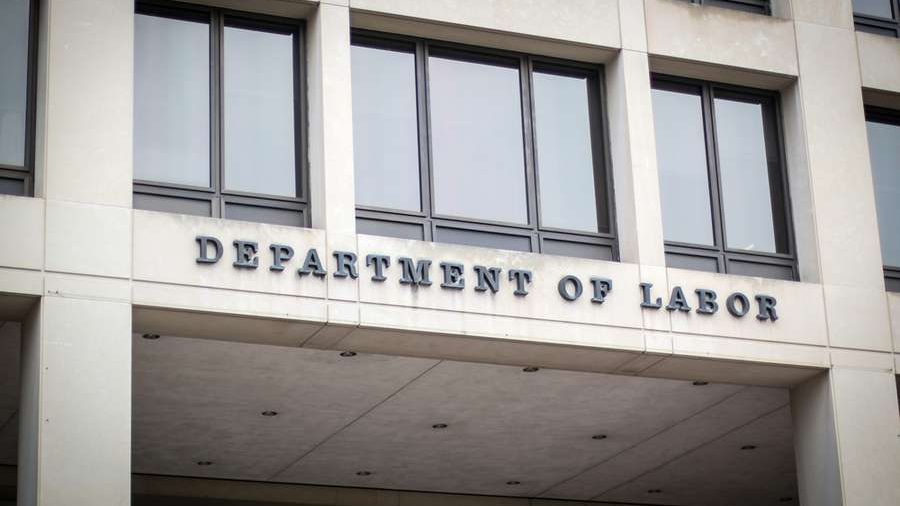The Department of Labor (USDOL) issued new protections for federal employees and faith-based grant recipients last week, with religious freedom groups praising the move.
On Friday, Labor Secretary Eugene Scalia issued a directive that agency leaders should incorporate respect for religious freedom into the daily operations of the department.
The agency also clarified protections for faith-based organizations and religious non-profits applying for federal grants, emphasizing equal treatment for both religious and secular groups applying for grants.
Gregory S. Baylor, senior cousel for Alliance Defending Freedom, said the new guidance "affirms the value of religious liberty but goes one important step further to make these protections real and concrete."
"We commend Secretary Scalia for recognizing the immense value that religious organizations contribute to our communities and setting up a mechanism by which these groups may seek protection if they are unconstitutionally and unfairly targeted for their religious character—the very thing that motivates them to do the good work they do,” Baylor said.
Kelly Shackelford, president, CEO, and chief counsel for the First Liberty Institute, praised the new directive and guidance, saying that without them, “religious organizations risk facing discrimination for making employment decisions that are consistent with their beliefs.”
“Religious organizations should never be forced to abandon their religious character and mission in order to be eligible to contract with the federal government,” Shackelford said.
Scalia’s directive said that agency officials should ensure “reasonable religious accommodations” for employees and job applicants, and enforce relevant anti-religious discrimination provisions of federal law.
It also called on the department to treat religious groups seeking federal assistance as they would secular organizations, putting them on an equal footing.
Guidance issued by the agency also calls on the department to “respect the full scope of legal religious exemptions, including the ministerial exception.”
The ministerial exception to Title VII of the Civil Rights Act allows for religious groups to be largely exempt from employment discrimination claims brought by clergy and others who have “essentially religious functions.”
The guidance also says that neither the agency nor anyone administering USDOL assistance can discriminate on the basis of a recipient’s religion. It also lists protections of faith-based grant recipients under the Religious Freedom Restoration Act.
Scalia stated that the DOL’s actions “acknowledge the central role that religion and religious freedom play in civil society.” The agency said the actions were taken in response to previous guidance issued by the Office of Management and Budget (OMB) in January.
In that guidance, OMB directed the relevant government agencies to come up with policies whereby they would administer federal grants in accordance with a previous executive order of President Trump’s on free speech and religious freedom. That order made it the “policy” of the executive branch to promote federal religious freedom protections, and instructed agencies to protect religious freedom.

